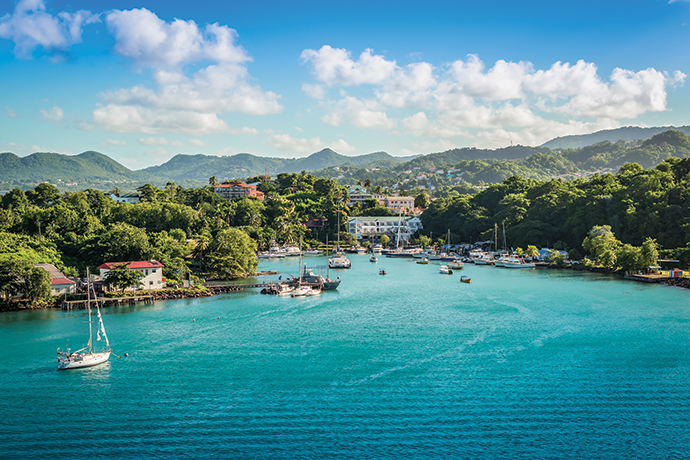Economies in the Caribbean carried out a record 19 reforms over the past year to make it easier for domestic small and medium-size enterprises to do business, the World Bank Group’s Doing Business 2020 study says. Eleven of 16 Caribbean economies¹ implemented business-facilitating reforms. Puerto Rico (U.S.) and Jamaica were the region’s top-ranked economies, ranking 65th and 71st globally.
“It is encouraging to see that economies in the Caribbean have reinforced their reform agendas this year,” said Santiago Croci Downes, Program Manager of the Doing Business Unit. “However, there is still a long way to go to remove obstacles to entrepreneurship and boost economic growth in the region.”
Improvements in the Caribbean were concentrated in starting a business, getting electricity, paying taxes and enforcing contracts. With four reforms, the Bahamas implemented the most business-facilitating measures. The country made the process of starting a business faster and less expensive by reducing registration times for business licenses and value-added tax and by eliminating business registration fees. Authorities cut the time needed for an entrepreneur to complete all required formalities to start a new business in half to 11.5 days. The Bahamas also strengthened minority investor rights by increasing conflict-of-interest disclosure requirements, clarifying ownership and control structures, and requiring greater corporate transparency.
Business Accelerators
Barbados introduced three major reforms. Authorities deployed new software to process electrical connection applications, increased their stock of electrical material needed for connection works and started offering training programs for the electrical utility’s engineers. As a result, it takes 10 fewer days to connect a new warehouse to the electrical grid. Barbados also adopted a law regulating all aspects of mediation as an alternative dispute resolution mechanism.
Belize, Dominican Republic and Jamaica implemented two business-climate-improving reforms each. Belize enhanced its risk-based management system, reducing intrusive inspections and streamlining the clearance process for both exports and imports. As a result, compliance with import border requirements was accelerated to 30 hours from 48 hours.
The region performs best in the areas of starting a business and getting electricity. Jamaica is ranked 6th globally in the starting a business indicator. Connecting a new warehouse to the electrical grid costs 423.4% of income per capita on average in the region, half the global average of 1,049.8%.
However, many business regulations in the region remain cumbersome. No economy in the region has appeared among the world’s top 10 improvers in the last four years and no Caribbean economy ranks among the top 50 best places globally to do business. The region underperforms in the areas of registering property and getting credit. Registering a property in the Caribbean takes 90 days, almost twice the global average of 47 days. Only six of 16 of the region’s economies have credit registries or credit bureaus. The full study and its datasets are available at www.doingbusiness.org
¹ The Bahamas, Barbados, Belize, Dominican Republic, The Guyana, Haiti, Jamaica, Antigua and Barbuda, Dominica, Grenada, Puerto Rico (U.S), Saint Kitts and Nevis, Saint Lucia, Saint Vincent and the Grenadines, Surinam, and Trinidad and Tobago.
